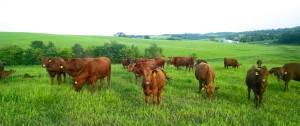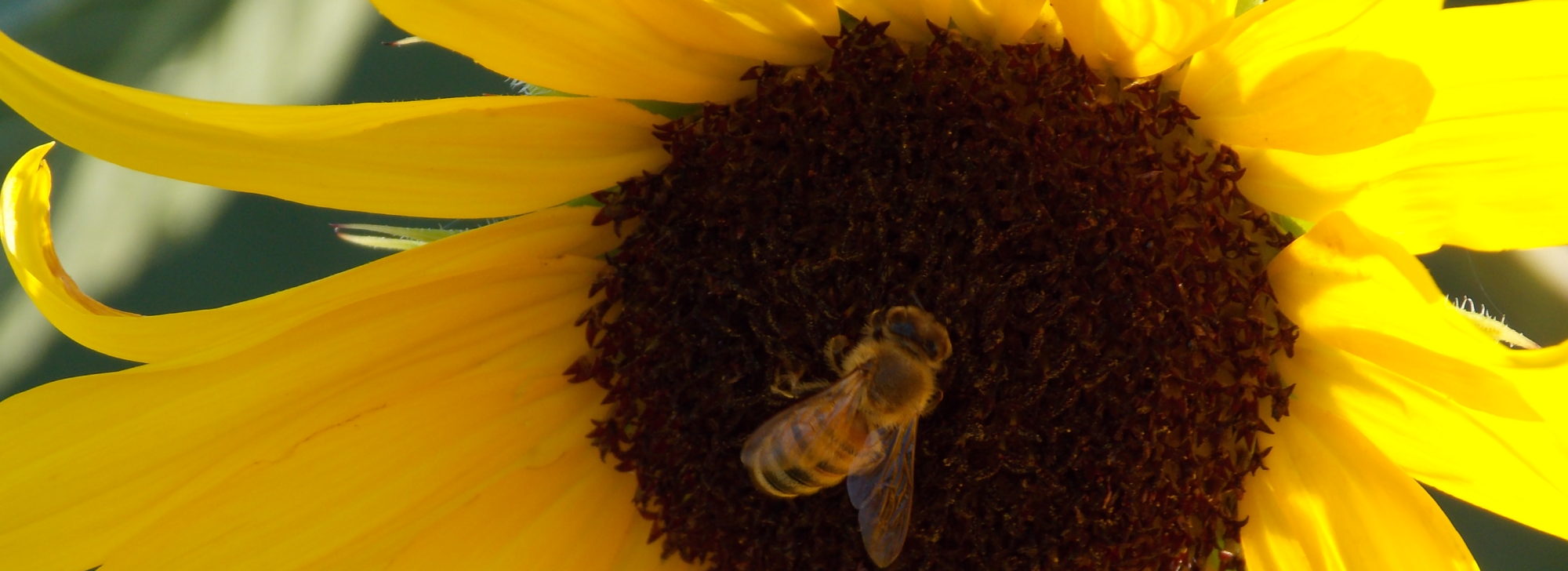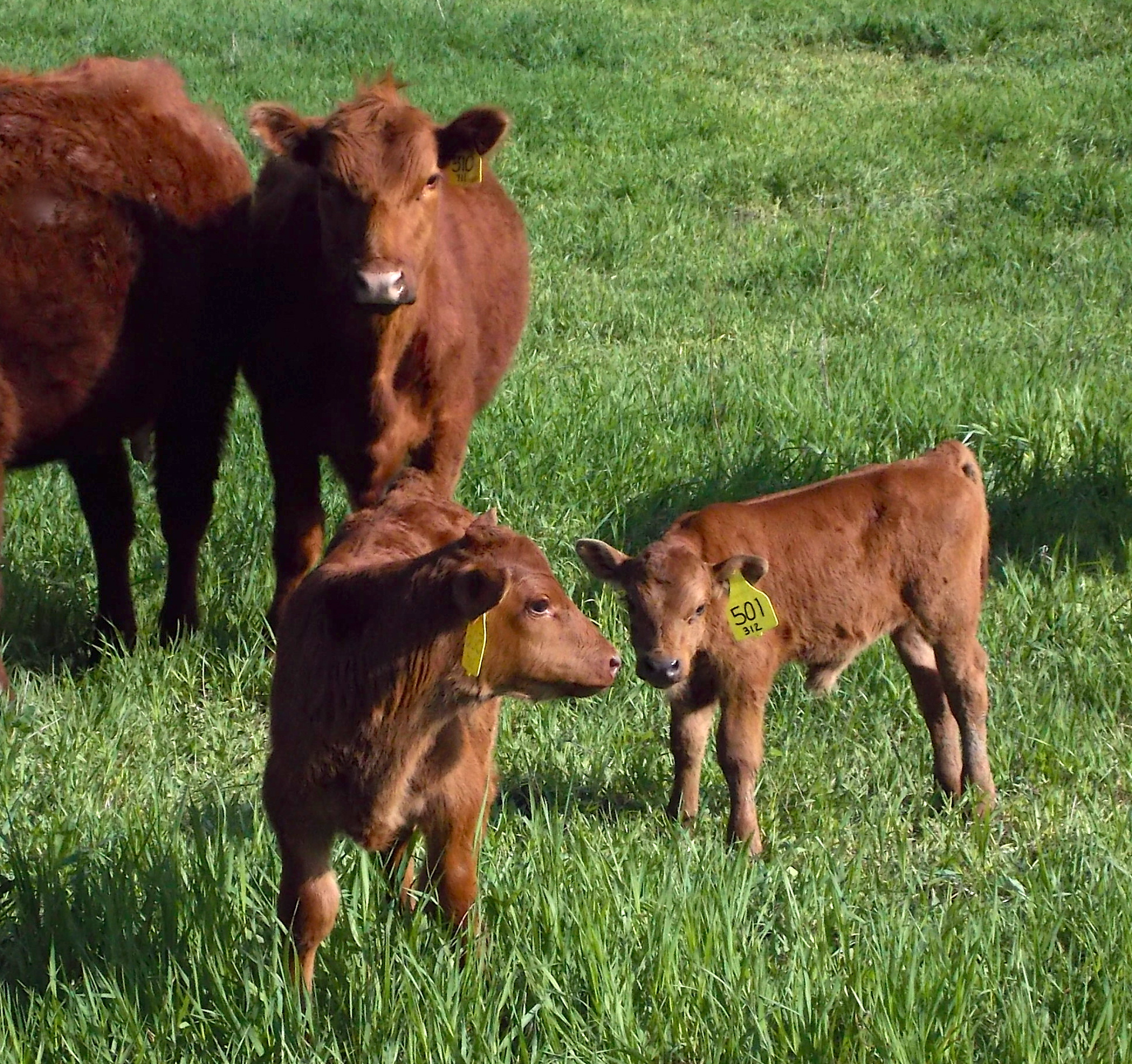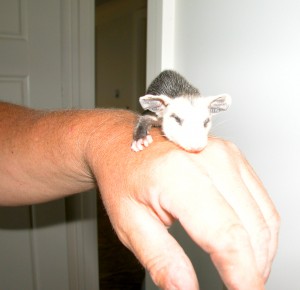 Organic Farming
Organic Farming
The other day I had my annual physical, yuck. I was certain that the doctor would comment on my age, activity level, overall health, but she didn’t. Instead she asked more questions about our family’s medical history. It made me think about how differently we live today in comparison with our relatives only a couple of generations back. Someday medical history might become inconsequential because of the dramatic changes in diet and the environment. There’s a barrage of chemical and genetic assaults that our grandparents, parents, or anyone born prior to 1996 weren’t exposed to. There’s no history of cancer, heart disease, or diabetes in our family. However, food was produced differently.
Meat came from farms where animals grazed, lived outdoors, and foraged. Antibiotic use wasn’t a casual addition to feed like it is in today’s factory farming. Today drugs are fed to animals as if sprinkling sugar on cereal. Is there a plan to combat future antibiotic resistance? Added to this threat is the introduction of antibiotics into the DNA structure of genetically engineered plants. For a thorough look into genetic engineering I highly recommend the book Seeds of Deception.
Our grandparents and parents weren’t raised on overly processed, nutritionally vacant food. My grandmother’s mashed potatoes were made from real potatoes. She didn’t open a box and pour potato flakes into a dish and add water. She washed, peeled, boiled, and mashed them herself. Foods rich in nutrients and minerals (absorbed through healthy, chemical free soil) were eaten. Food was bought raw and taken home to prepare. There was a time, not too long ago, when every farm was “organic.”
During World War II victory gardens were a patriotic contribution in supporting the war effort. In both city and suburban yards poultry, rabbits, vegetables, and fruits were grown. One family might have an abundance of squash, another an excess of tomatoes to exchange. Families baked, canned and stored food. They took care of themselves. Milk was the number one drink for growing children not soda or sports drinks. In our house if you wanted to grow you drank milk, if you were thirsty you drank water. Milk didn’t contain bovine growth hormones and cows still ate grass. Imagine that, cows grazed, how absurd! Dairy’s were family run operations not mega factories moving cows on conveyors for around the clock milking cycles.
The countryside was populated with diverse family farms. Very few were mono-species operations. In our area most farms had a flock of laying hens and meat birds. The eggs and dressed chickens were sold to supplement the family budget. Our neighbor’s mother bought a player piano with her 'egg money', another took orders on Saturday morning for dressed chickens which were delivered on Sunday's following church. Her chicken sales paid the tuition for her children’s college.
Not too long ago hogs were considered the “mortgage lifter.” They payed off farm debt and enabled farm growth. Dairy farmers usually kept pigs. They sold the cream. The whey was poured into barrels with grain added to feed the pigs. Each fall, after harvest, animals were turned into fields to forage and fertilize. Manure, uncontaminated with drugs or chemicals, was spread across fields to boost organic matter in the soil. Erosion was controlled by grazing steep ground rather than planting row crops on it. Crops were rotated. The impact that each crop had on the soil was calculated into the rotational process. Building soil was essential to the success of the farm and critical to the environment.
Soil health is in jeopardy. Erosion and chemical run-off threaten clean water supply. Confinement animal operations feed livestock a diet of pharmaceuticals. Genetically engineered crops are invading all plant species from weeds to corn. This science is still new but studies indicate that feeding genetically engineered crops threatens the health of both livestock and the end consumer. In the future will the medical community stop looking at family history for the answers to our current health deficits? Will crop scientists be held accountable for poor health? And most importantly, is there an 'off switch' to all this genetic engineering?
The answer might be organic farming.
More food for thought.
"Health nuts are going to feel
stupid someday, lying in hospitals dying of nothing.”




